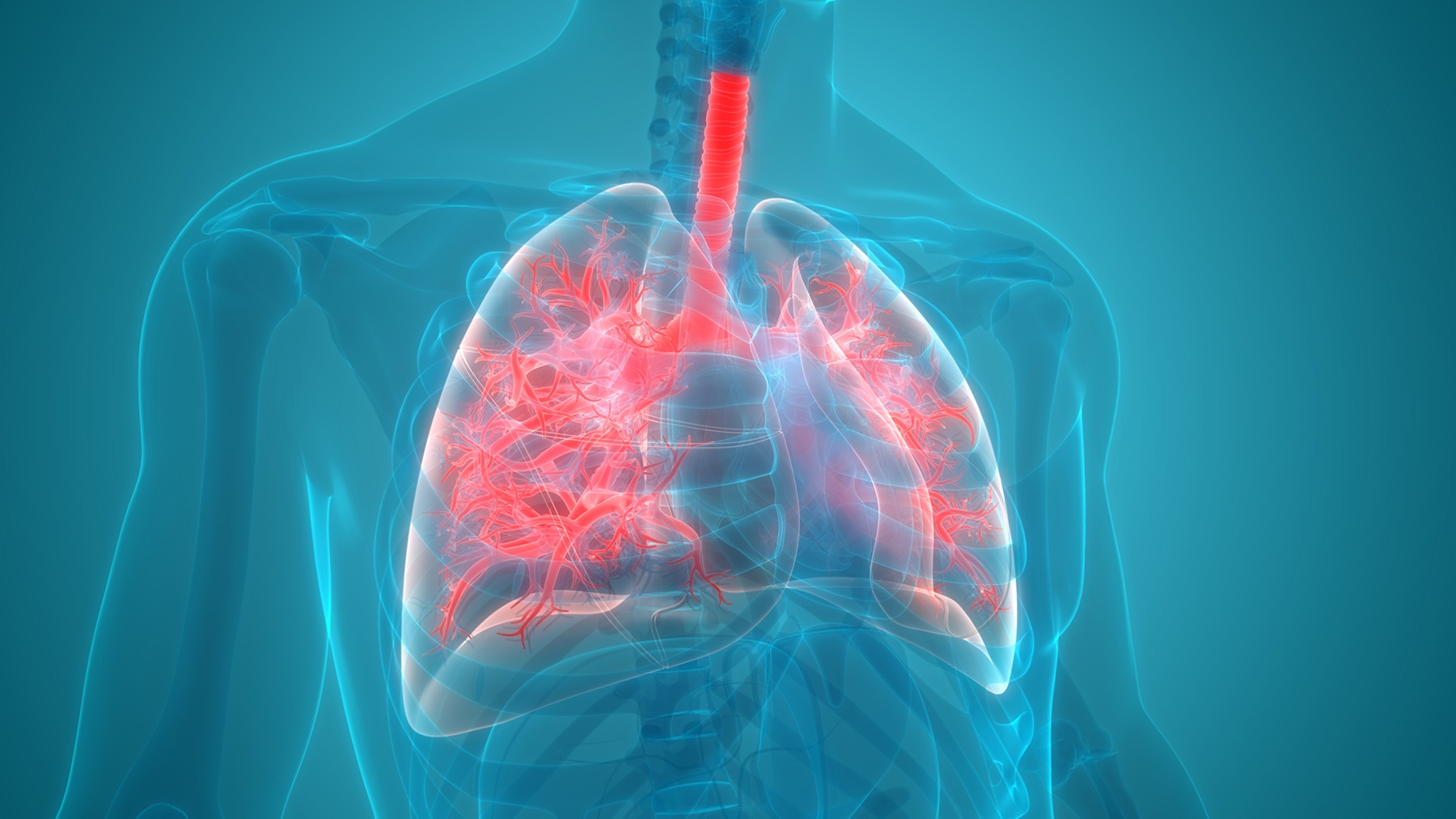Extracorporeal CO2 removal (ECCO2R) therapy improves outcomes in patients with chronic obstructive pulmonary disease (COPD) and acute respiratory distress syndrome (ARDS), according to a study that appeared in the Turkish Journal of Medical Sciences.
“Treatment of severe hypercapnic respiratory failure (HRF) has some challenges in patients with COPD and ARDS, especially when lung protective ventilation (LPV) strategies are required. ECCO2R therapy is an emerging option to manage hypercapnia while allowing LPV in these cases. However, further data on ECCO2R use are still needed to clear recommendations,” the researchers wrote.
In this study, researchers assessed 395 patients who received invasive mechanic ventilation (iMV) support due to severe HRF related to COPD or ARDS, with data obtained from 1,715 medical records. Patients were grouped according to treatment approaches: ECCO2R therapy in addition to conventional treatments, or conventional treatments alone (control group).
According to the results, the survival rate of patients who received ECCO2R was markedly higher (68%) compared to the survival rate of the controls (58%), with a relative risk reduction of 0.16, absolute risk reduction of 0.10, number need to treat of 10, and odds ratio of 1.5. Moreover, the results showed that iMV duration (12.8 ± 2.6 vs. 17.1 ± 4.9 days, P=0.007) and length of stay (LOS) (16.9 ± 4.1 vs. 18.9 ± 5.5 days, P=0.032) were appreciably higher for the ECCO2R patients compared to the controls.
The researchers concluded that “ECCO2R therapy significantly improved survival, iMV duration and LOS in patients with severe HRF due to COPD or ARDS, and successfully provided LPV approaches. Further studies are needed to assess promising benefits of ECCO2R therapy.”
Keywords: ECCO2R, Extracorporeal carbon dioxide removal, artificial membranes, hypercapnic respiratory failure, intensive care, survival









